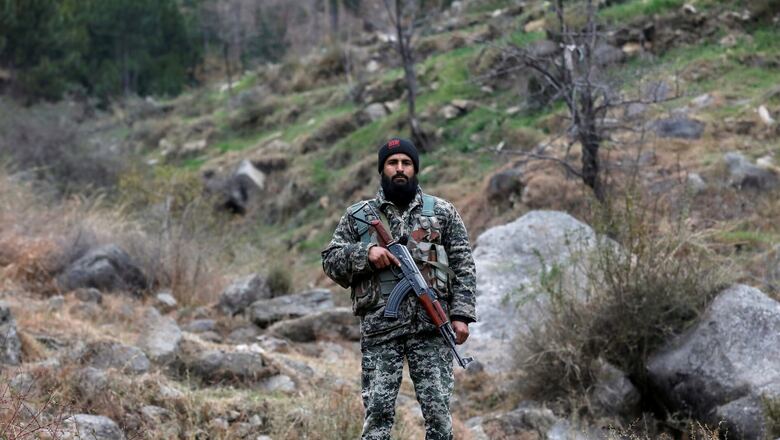
views
Iran launched attacks Tuesday in Pakistan targeting what it described as bases for the militant group Jaish al-Adl. Pakistan said the strikes killed two children and wounded three others in an assault it described as an “unprovoked violation” of its airspace. The attack inside the nuclear-armed state threatens the ties between the two countries, which long have eyed each other with suspicion.
The attack also follows Iranian strikes on Iraq and Syria less than a day earlier, as Tehran lashes out following a dual suicide bombing this month that killed over 90 people. Iran’s state-run IRNA news agency and state television had said that missiles and drones were used in the strikes in Pakistan. Local media attributed the attack to Iran’s paramilitary Revolutionary Guard.
I read that Iran has launched missile attack against Jaish Adle terrorist group in Pakistan’s border edge. Great & courageous move. I wish we had such capability to target Quetta Shura when they were based there for 20 plus years. I can imagine the feelings of the GHQ in…— Amrullah Saleh (@AmrullahSaleh2) January 16, 2024
‘Banana Republic’
Former Afghan vice president Amrullah Saleh took a jibe at Pakistan, saying the country is a “banana republic” and gets kicked from all sides. “I read that Iran has launched missile attack against Jaish Adle terrorist group in Pakistan’s border edge. Great and courageous move,” Saleh wrote on social media platform X. “…US drones fly from Qatar let alone night attack of May 2011, TTP from Waziristan, Iranian missles from West, Indian surgical strikes from east and so on. The vision of Jinah and the re-visionism of Gen. Zia are all faltering. I don’t mean to hurt anyone’s feelings,” he added.
Here is a list of other famous strikes inside the Islamic country dubbed as a safe haven for several terrorist groups:
Killing of Osama in Abbottabad
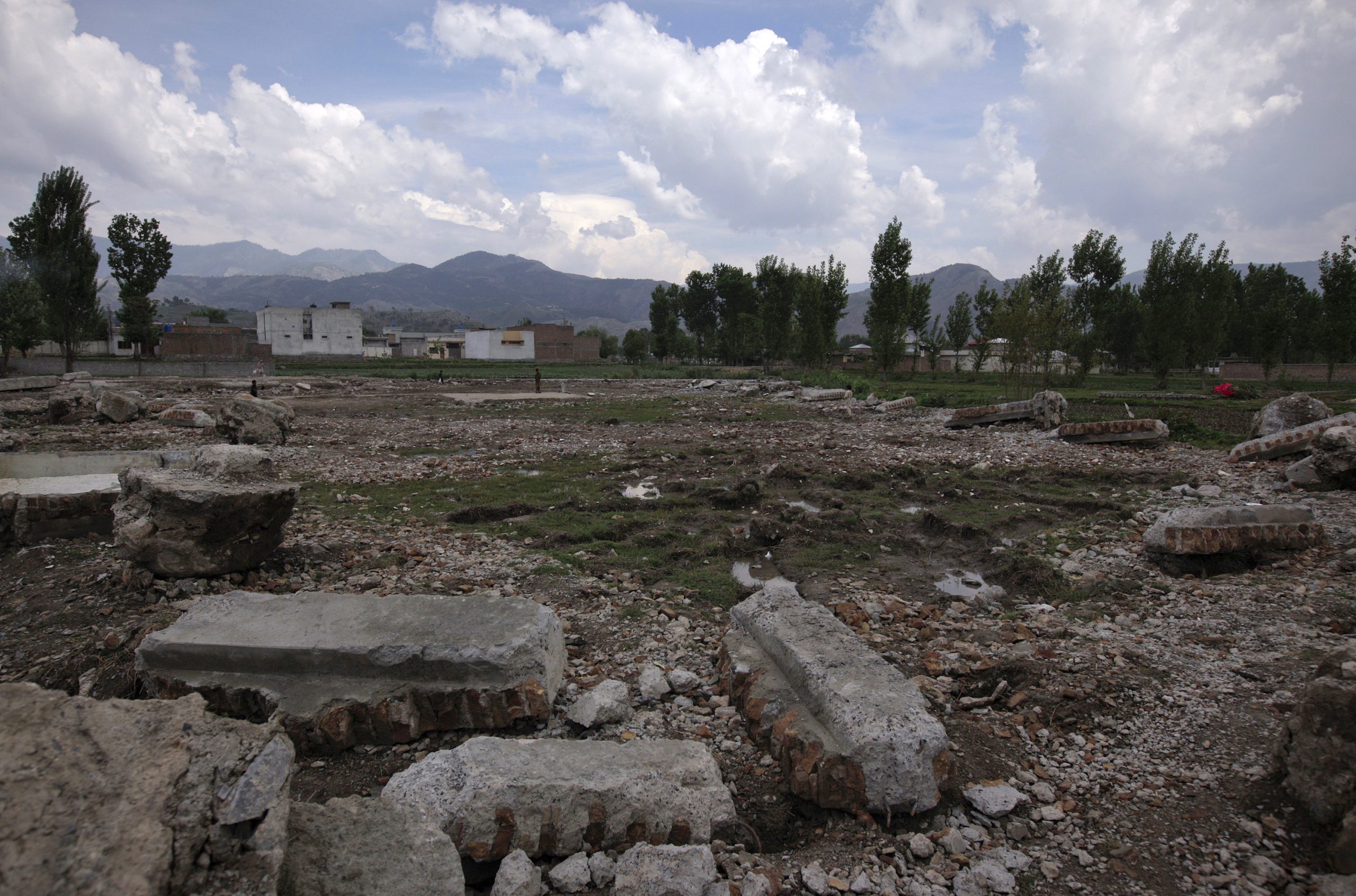
Perhaps the most famous operation of the decade inside Pakistan was the one that killed al-Qaeda chief Osama bin Laden. On May 2, 2011, a team of US Navy SEALs raided a compound in Abbottabad, Pakistan, where bin Laden was believed to be hiding. This operation, codenamed Neptune Spear, was authorised by then-U President Barack Obama.
The raid was successful, and bin Laden was killed in a firefight with the SEALs. His death marked a significant turning point in the fight against al-Qaeda, the terrorist group he led. After the operation, there were complex discussions and debates about the legality and ethics of the raid.
The discovery of bin Laden’s hideout deep inside Pakistan had complicated the fragile relationship between the US and one of its key allies in the war against terrorism. There were suggestions that the government might have been abetting the al-Qaeda chief.
India’s Balakot strike
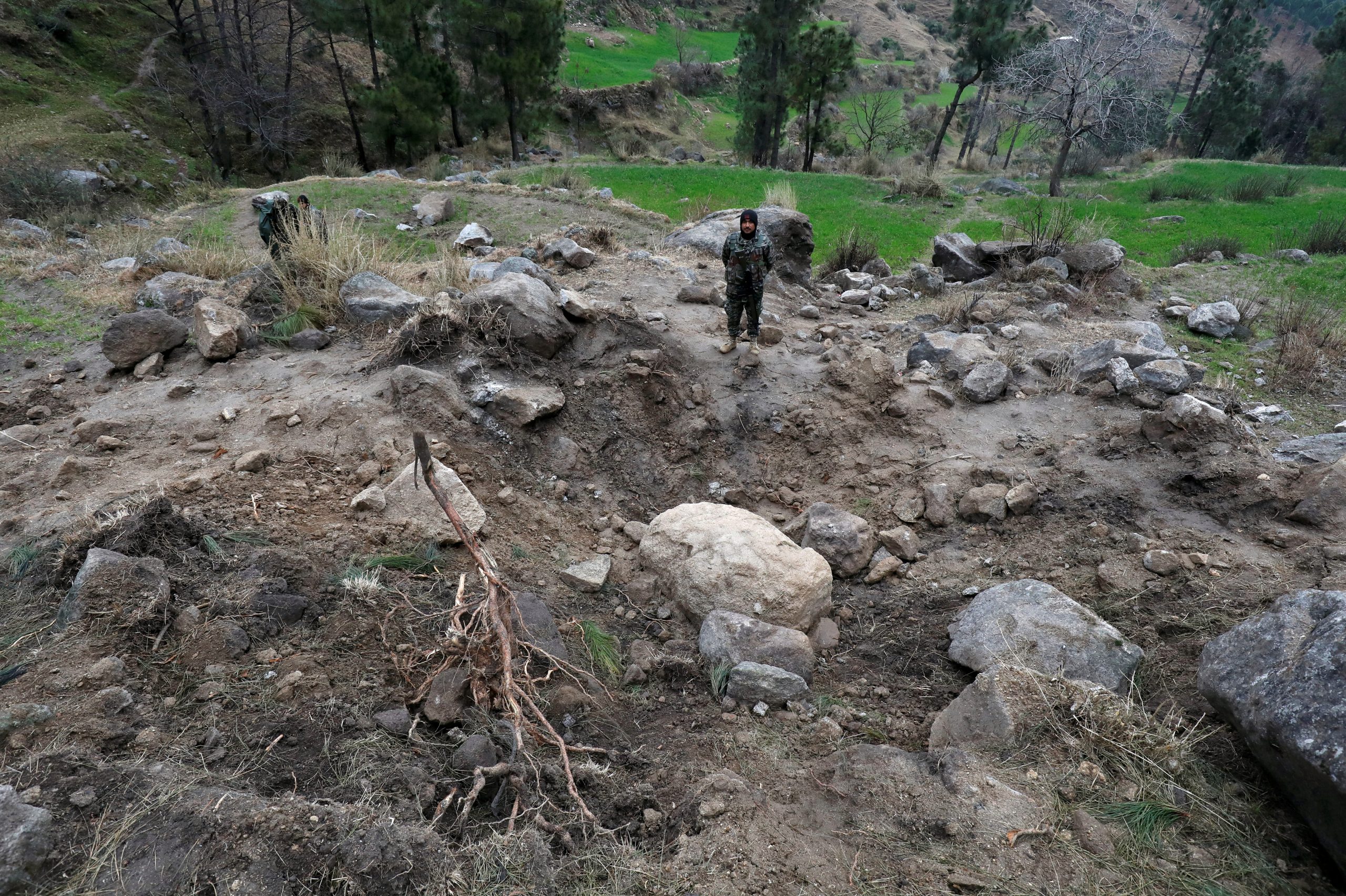
In February 2019, villagers in Balakot, northeast Pakistan, were jolted awake by what felt like an earthquake. At dawn, they discovered it was an Indian airstrike in their neighbourhood. Indian officials said the raid targeted a Jaish-e-Mohammed training camp, the group responsible for a suicide attack in Kashmir that killed 40 paramilitary police on Feb. 14.
India’s foreign secretary at the time had said “a very large number of JEM (Jaish-e-Mohammed ) terrorists” had been eliminated in what was the first Indian air strike on Pakistani territory since 1971. As expected, Pakistan had denied the existence of JEM terrorists. Ties between the two countries deteriorated after the retaliatory strike.
“In an intelligence lead operation in the early hours today, India struck the biggest training camp of Jaish-e-Mohammed in Balakot. In this operation, a very large number of JeM terrorists, trainers, senior commander and jihadis were eliminated,” then Foreign Secretary Vijay Gokhale said in Feb 2019.
Clashes btw Afghan Taliban, Pak
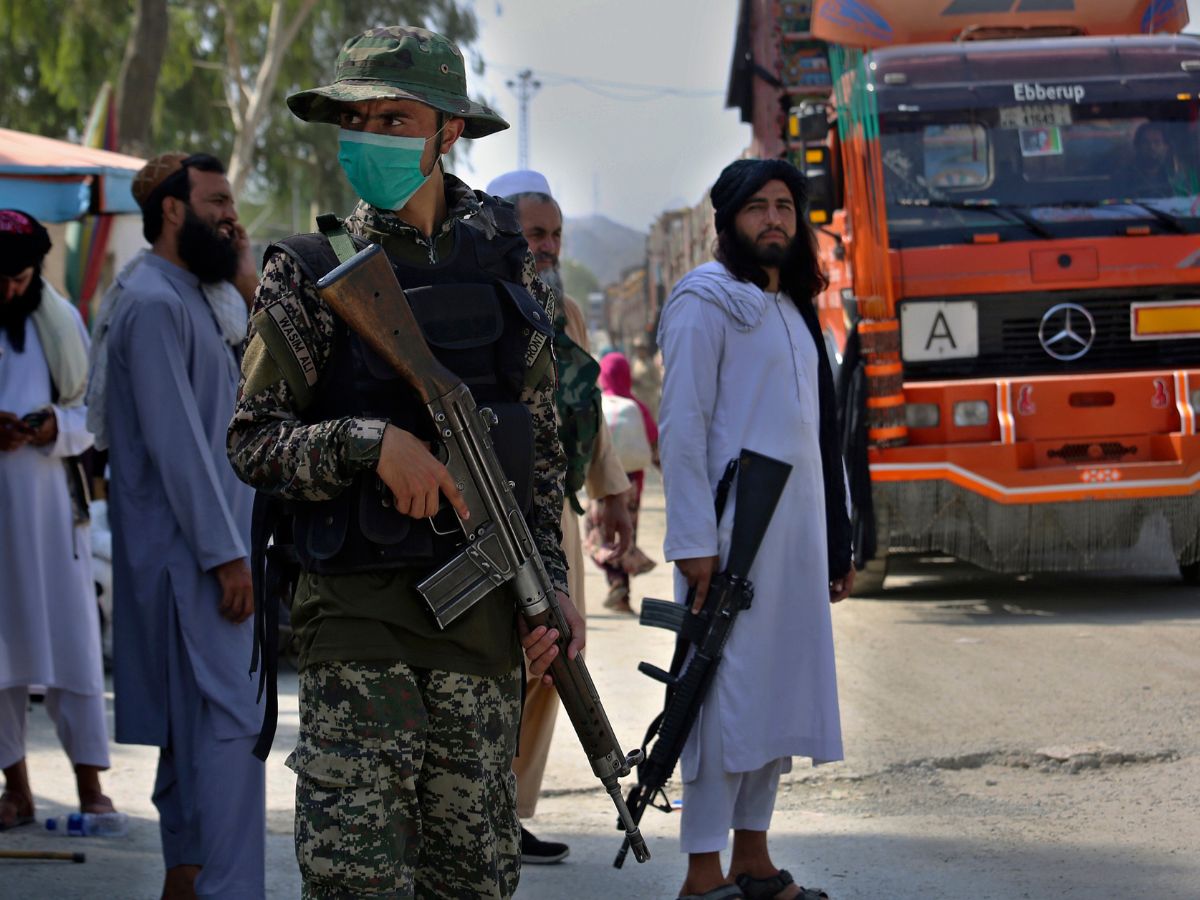
Islamist militants have staged a series of attacks in Pakistan since 2022 when a ceasefire between the Pakistani Taliban, the Tehreek-e-Taliban Pakistan (TTP) and the government broke down. The TTP, whose stated aim is to impose Islamic religious law in Pakistan as the Taliban have done in Afghanistan.
Last year, the Afghan Taliban and Pakistan engaged in border clashes spanning their 2,600 km frontier. Disputes over the border, a longstanding issue, escalated in September when Pakistan accused the Taliban of encroachment and cited “indiscriminate firing” by Afghan forces. The incident led to the closure of the main border transit point at Torkham, a focal point for tensions.
The ongoing conflicts at this crossing impact trade and travel, as both sides regularly exchange fire, affecting goods-laden trucks and thousands of travelers. Pakistan has asked Taliban authorities to prevent its territory from being used by militants against other nations. The Taliban administration denies it allows the use of Afghan soil for militancy.
(With agency inputs)












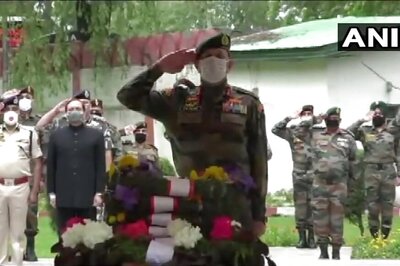





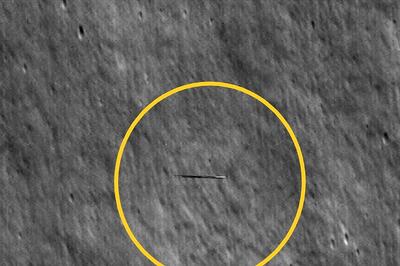
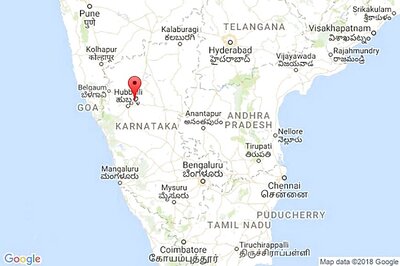
Comments
0 comment